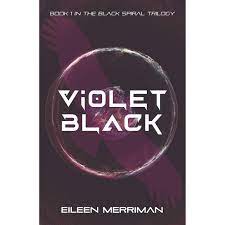All
the Broken Places, by John Boyne.
This superb sequel to ‘The Boy in Striped Pyjamas’ examines the nature and essence of guilt: how much one can feel, and how much one can block out and hide away so that one can carry on living in this sorry world. Widowed Gretel Fernsby has become an expert over her long life at doing just that; now in her 90s, she is highly proficient at guarding her terrible secrets, among the worst being that she was the 12 year old daughter of the notorious Kommandant of a concentration camp: he was hanged for his heinous crimes after the Second World War, but Gretel and her mother escaped to France, there to hide until their disguises and false papers were exposed by furious and vengeful neighbours, with predictable results.
Gretel’s life journey has veered down several blind
alleys and wrong paths during her youth but, thanks to the love, kindness and
stability of her marriage to Historian Edgar Fernsby, her awful secrets have
slept like the dead for many years; she
is financially secure and lives in an apartment block in London’s Mayfair where
property values rise daily; she is
within walking distance of theatres, Fortnum’s and Harrods, and her only son
whom she loves but considers to be a bit of a no-hoper in his personal life (he
has been married three times, gearing up for a fourth!) visits her regularly –
to ask for money.
Life could be worse and
has been, but all is serene at the moment, even regarding her younger friend
and upstairs neighbour, who is succumbing to early onset dementia – until the
downstairs flat is sold to a powerful film producer, his beautiful actress wife
and their 9 year old son. The age of
Gretel’s brother when he died: the
brother whose name she cannot say: the
brother whose fate was her fault. HER fault.
Well, she’ll have to make the best of things and have as
little to do with them as possible – which is easier said than done, especially
when it becomes painfully clear that the little boy and his mother are being
bullied and beaten by their husband and father, bringing back searing childhood
memories for Gretel and a crisis of concience:
should she ignore what is plainly happening in the flat below, or report
his cruelty thus ruining his reputation - and stirring up a rats’ nest which
could lead all the way to her door and the terrible secrets behind it.
Mr Boyne has created a marvellous protagonist in
Gretel; as broken as the places in which
she once sought refuge, she still ennobles herself by a final selfless act
which permits her, at last, to say her brother’s name. SIX STARS.

















